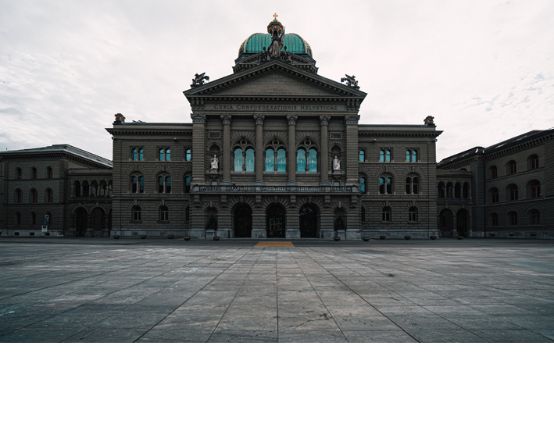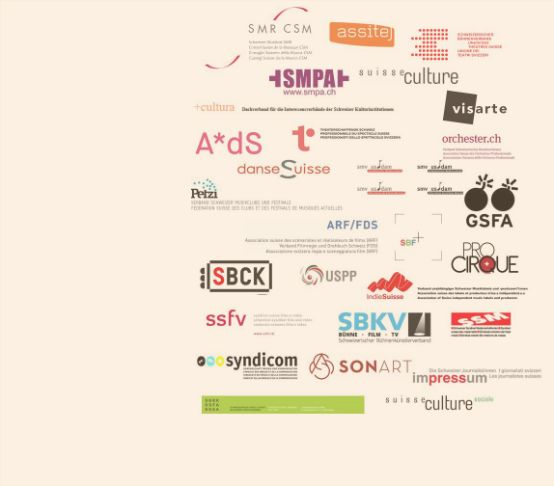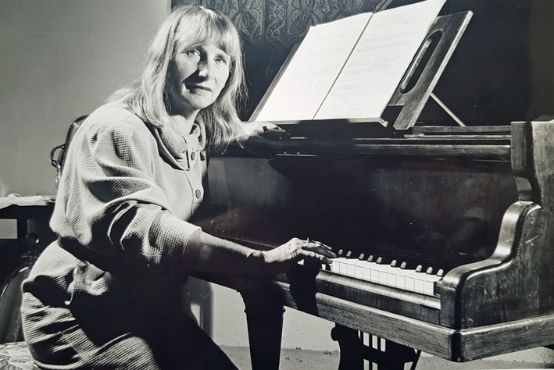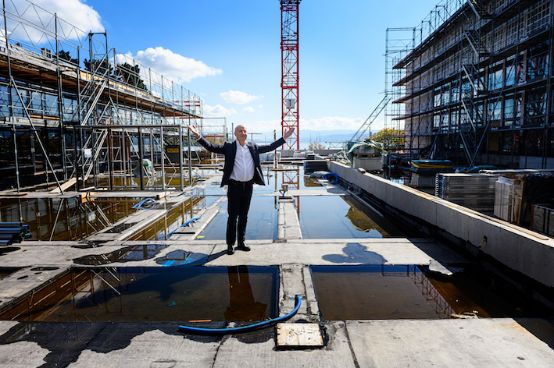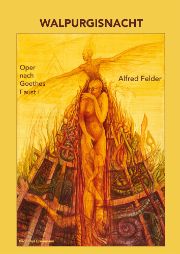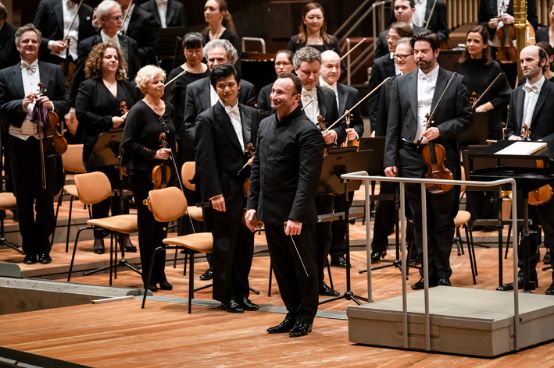"Extraordinary situation" due to coronavirus
Stores, restaurants, bars, entertainment and leisure businesses will be closed until April 19 for the time being. The cultural sector is to be supported.
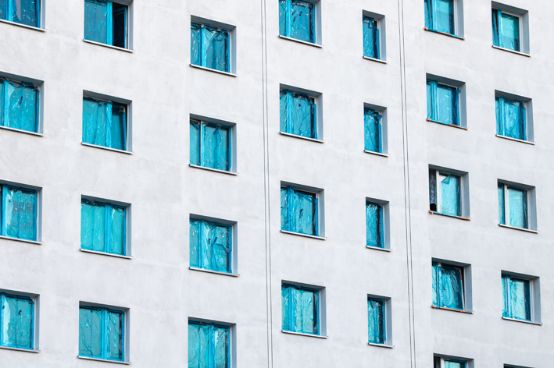
The Federal Council announced today that it now considers the situation in Switzerland to be "extraordinary" in accordance with the Epidemics Act. Among other things, this means that "public and private events (are) prohibited from midnight today. All stores, markets, restaurants, bars and entertainment and leisure facilities such as museums, libraries, cinemas, concert halls and theaters, sports centers, swimming pools and ski resorts will be closed." (...) "The supply of food, medicines and everyday goods to the entire population is guaranteed." Schools will also remain closed until April 19.
The current media release can be viewed here:
https://www.admin.ch/gov/de/start/dokumentation/medienmitteilungen.msg-id-78454.html
Cultural sector
The Federal Council already promised support for the sports and cultural sector on Friday, March 13: "The Federal Council also intends to make additional funds available for the cultural sector. In an urgent procedure, the FDHA is drafting a temporary bill for additional economic measures that can be used in addition to other instruments to cushion cases of hardship in the cultural sector. In this way, the Federal Council aims to prevent the existence of recurring cultural events from being threatened and, in particular, to support self-employed and freelance cultural professionals in emergency situations. As part of the drafting of the law, it is also to be examined how the cantons, as those responsible for the cultural sector, can be included in the funding."
The exact nature of this support is being worked out. The Federal Council is endeavoring to find concrete solutions quickly.






